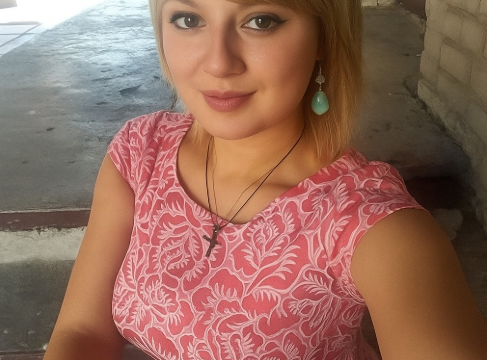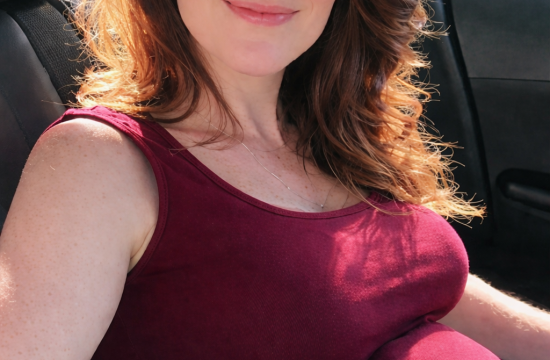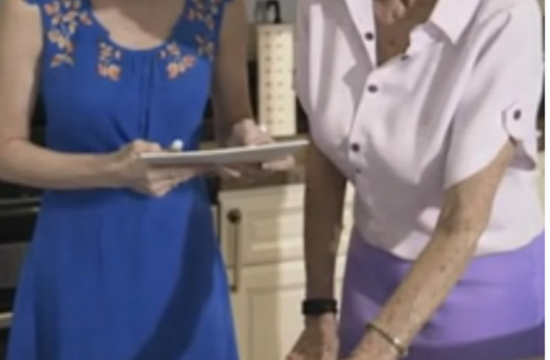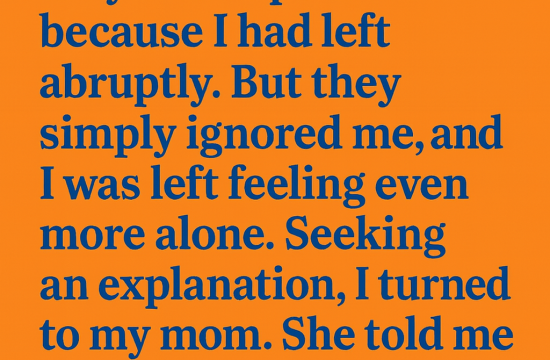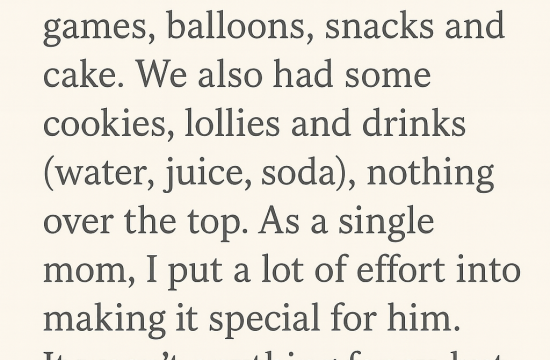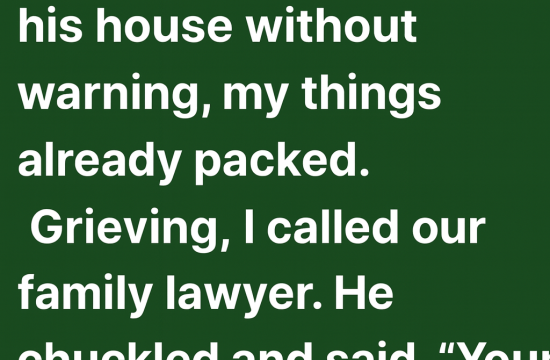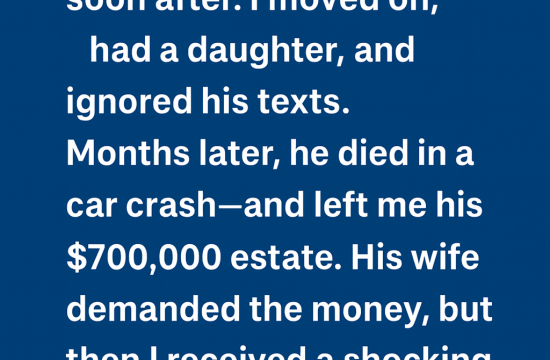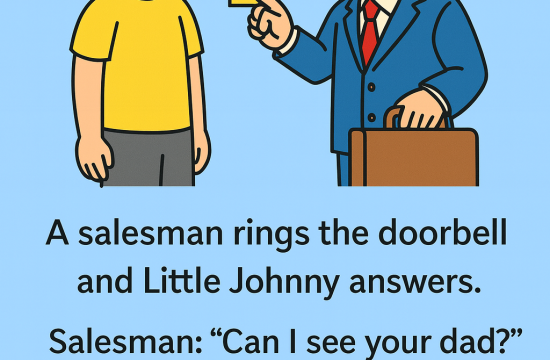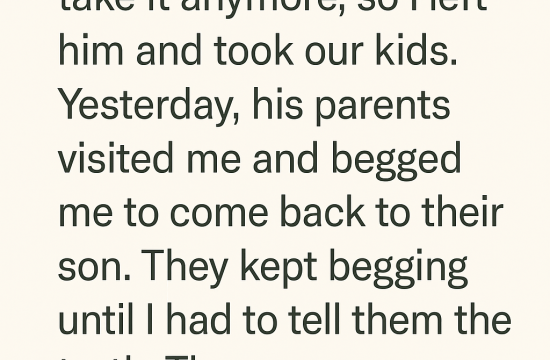Raymond steps into a weekend family reunion carrying the scars of infertility and a divorce that once left him hollow. He has always been the “family guy,” the one who shows up, the one who gives, the one who anchors. But one late-night confrontation with his niece, Annie, would test his very sense of family and self-worth.
Hey everyone, it’s Raymond here. I’m 35, divorced, and still picking up the pieces of a marriage that ended two years ago. Infertility was at the core of it — a silent battle my ex-wife, Darin, and I fought for years. We both bore that burden, though in the end, our marriage could not survive the weight of disappointment.
After the split, I found comfort in pouring my energy into family. Especially Annie, my 16-year-old niece. She’s more like a daughter to me. Back in 2019, I set up a college fund for her. It was my way of building hope for someone else’s future, even while mine felt uncertain.
Last weekend, though, everything shifted.
I was staying over at my mom’s place, where Jane — my sister — and Annie also live. Late Saturday night, I woke up thirsty and headed downstairs. That’s when I overheard Annie’s voice. She was on the phone with Darin.
Now, Annie and Darin always kept a bond, so I wasn’t alarmed. But as I lingered by the staircase, I caught a snippet that cut me open.
Darin was expecting a baby with her new husband. That news alone was like a punch — a reminder of what I had lost. But it was Annie’s response that truly broke me.
“I told you so, I told you so,” she said, almost gloating. “Uncle Raymond was always the problem. He just couldn’t admit it because of his fragile masculinity. You were smart to leave him before it was too late.”
I froze. The girl I had loved and supported like my own child had just dismissed me as a failure — not only as a man but as a human being. I retreated quietly upstairs, the water forgotten, my chest heavy with a grief that was both old and raw.
The next morning, my silence gave me away. Mom and Jane pressed until I finally told them what I’d overheard. Annie dropped her fork, her face pale, and said nothing. Jane quickly tried to smooth it over, insisting Annie was just a kid who didn’t understand. But the wound was too deep.
I left that day, and later texted Jane that I couldn’t keep funding Annie’s college. My support had always come from love, but now that love felt betrayed. Jane called, begged me to reconsider, but I couldn’t. Even Mom pleaded, saying Annie didn’t deserve to lose her future over one mistake. But for me, the betrayal was fresh, and the hurt too raw.
Weeks turned into months. The silence between Annie and me grew. But something unexpected happened: guilt began reshaping her heart.
One afternoon, Jane showed up at my door with Annie. The girl looked nothing like the defiant teenager I remembered. She handed me a letter and a scrapbook. The letter was an apology, handwritten and trembling with sincerity. She admitted she hadn’t understood what infertility really meant — that she had repeated words she’d overheard without compassion, that she now recognized how deeply they must have cut.
The scrapbook was even more powerful. It was a chronicle of our bond: photos of our fishing trips, ticket stubs from baseball games, silly selfies, and holiday cards. Each page was a reminder that our relationship had been built on love, not blame.
I broke down reading it. For the first time since that night, the bitterness softened. I told Annie I forgave her, and reinstated her college fund. But Annie surprised me again: she refused.
Her refusal wasn’t angry. It was mature. “I don’t deserve it after what I said,” she told me. “I’ll earn my own way. Maybe someday I’ll let you help again, but not now.”
Her words floored me. For a 16-year-old, it was a remarkable act of accountability.
Life went on, and with it, unexpected joy. Emily came into my world — kind, patient, and radiant with hope. Against all odds, we discovered we were expecting a baby together. It turned out that infertility hadn’t been “all on me,” as Annie had once cruelly suggested. It had been a matter of compatibility, a truth that softened years of misplaced guilt.
Annie was among the first to celebrate with us. She threw herself into planning the baby shower, decorating, organizing, and even making jokes. At one point, she laughed and said, “Good thing you saved the college fund — the baby’s going to need it!” It was humor laced with redemption, and I couldn’t help but smile.
When the baby finally arrived, Annie was there, holding her new cousin with tears in her eyes. Our bond, though scarred, was stronger for having been tested.
Looking back, I realize family isn’t about perfection — it’s about forgiveness, growth, and love that survives even the sharpest betrayals. Annie and I both stumbled, but we also found our way back to each other. And in the end, that’s what matters most.
So I ask you — did I overreact when I cut her off? Or was it the wake-up call we both needed to grow? Either way, life has a strange way of putting the broken pieces back together.


